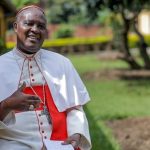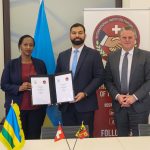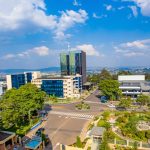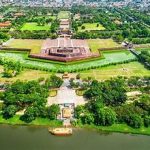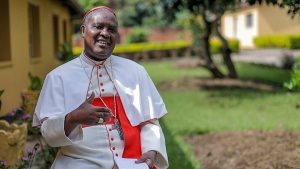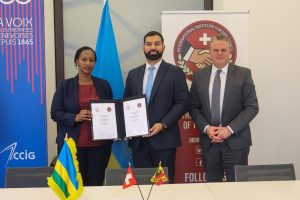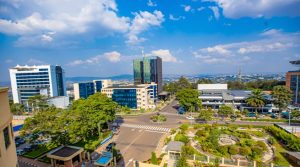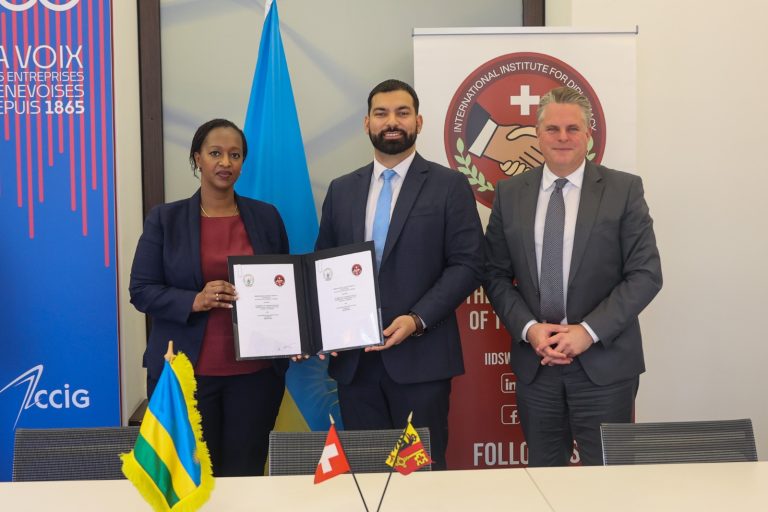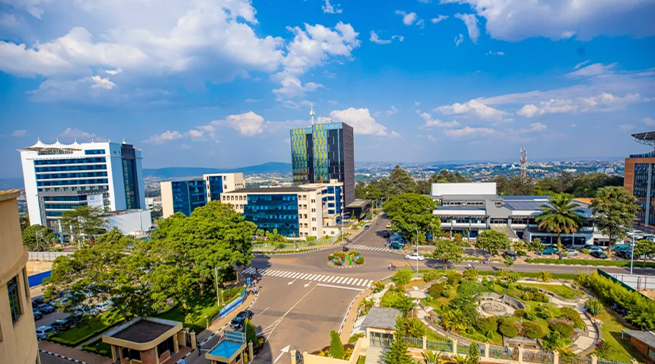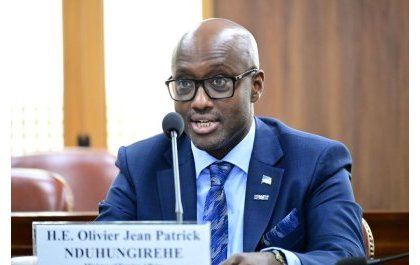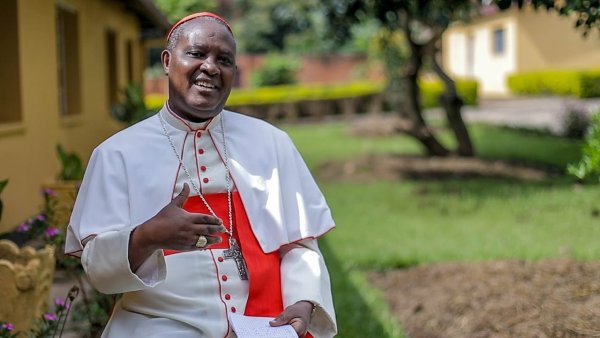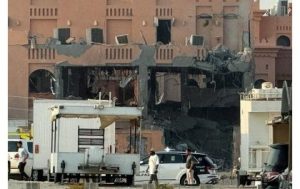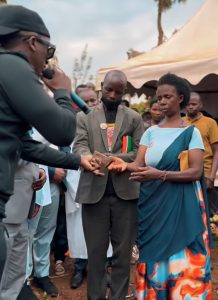Rwanda has strongly rejected accusations by the Democratic Republic of Congo (DRC) that its army committed genocide against Hutus in Rutshuru Territory, North Kivu Province, allegedly in collaboration with the M23 rebel group and civilian
The claim of a “genocide against the Hutus” in Rutshuru was raised by DRC’s Minister of Human Rights, Samuel Mbemba Kabuya, on September 9, 2025, during a session of the UN Human Rights Council in Geneva, Switzerland.
UN High Commissioner for Human Rights, Volker Türk, reported that between July 8 and 29, M23 fighters—accompanied by machete-wielding civilians and troops “suspected to be RDF”—raided farms in Bwisha Chiefdom, killing hundreds of civilians, mainly Hutus.
Basing himself on this report, Minister Bemba told the UN Human Rights Council that Türk should have gone further and confirmed that Rwandan soldiers and M23 rebels committed genocide against the Hutus.
Rwanda’s Permanent Representative to the UN Office and other international organizations in Geneva, Ambassador Urujeni Bakuramutsa Manzi, firmly rejected the accusations, calling them a “red line.”
“It is a red line for our country, Mr. President, to be accused of genocide when we know such determinations are made only under international law. No competent court has ever ruled as such. Therefore, I reject that this claim be made within the UN framework, and I reject it as binding on Rwanda. This is not an allegation we will ever accept.”
Unfounded Allegations
Ambassador Bakuramutsa stressed that UN human rights reports must be based on verifiable evidence and due process. She noted that the Rutshuru report relied heavily on phone interviews and drone imagery, neither of which can identify ethnicity.
“The report itself acknowledges challenges in accessing the area and its reliance on remote data collection methods, which provide open-ended information without direct verification. Such grave allegations must be backed by solid, independently confirmed evidence.”
She further pointed out the report’s bias, highlighting that it mentioned M23 110 times, Rwanda or RDF 65 times, FARDC 42 times, Wazalendo militias 42 times, the FDLR 15 times, and 23 references to other armed groups.
According to Bakuramutsa, the UN report deliberately ignored the presence of more than 200 armed groups operating in eastern DRC, many working alongside the Congolese army, foreign mercenaries, and even Burundian forces.
She reminded the Council that Rwanda is a key contributor to UN peacekeeping operations worldwide and would not allow itself to be repeatedly targeted with baseless accusations.
“We will not continue to face these charges. Solid evidence cannot be ignored, and disregarding this principle will only perpetuate blame.”
The ambassador also criticized the report for overlooking hate speech campaigns inciting violence against Congolese Tutsis, especially in Minembwe, home to the Banyamulenge community.
Lack of Political Will to Disband the FDLR
On June 27, Rwanda and the DRC signed a peace agreement brokered by the United States, which included a commitment to dismantle the FDLR and lift Rwanda’s defensive measures.
Bakuramutsa recalled that even before this, at meetings of the African Union, the UN Security Council, and regional organizations, the DRC government had pledged to dismantle the FDLR but failed to do so.
“The FDLR has been supported by the DRC—armed, funded, and given freedom to recruit fighters and spread genocidal ideology in eastern Congo.”
During the Geneva session, DRC Government Spokesperson Patrick Muyaya reiterated accusations that Rwanda supports M23. He warned that without ending this alleged support, the issues of FDLR, refugees, and hate speech would remain unresolved.
“On hate speech, refugees, and the FDLR, none of these problems will be solved as long as Rwanda’s army continues to back its allies in our country while committing the crimes highlighted by our Human Rights Minister,” said Muyaya.
Under the Washington agreement, the DRC had pledged to dismantle the FDLR within 90 days. However, at a joint security meeting held in Ethiopia in early August, Kinshasa refused to begin implementation.


Author: Justinmind HARERIMANA
